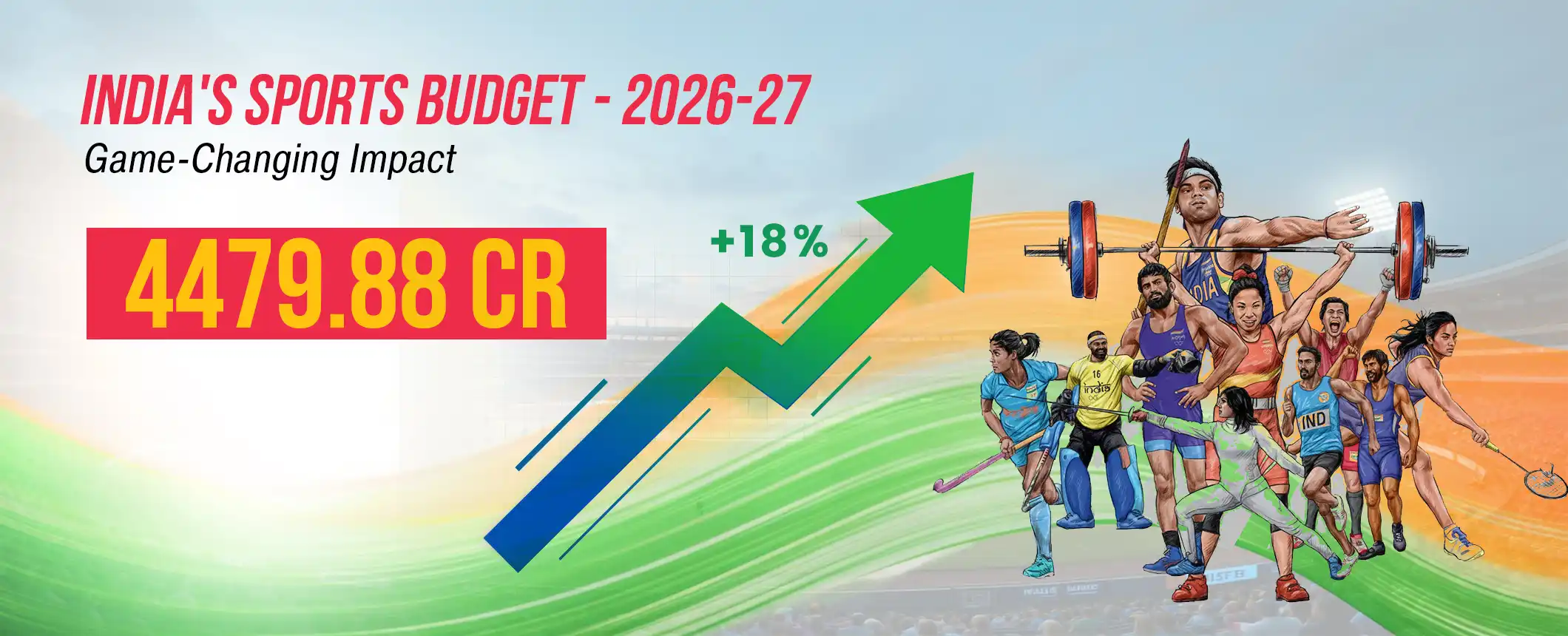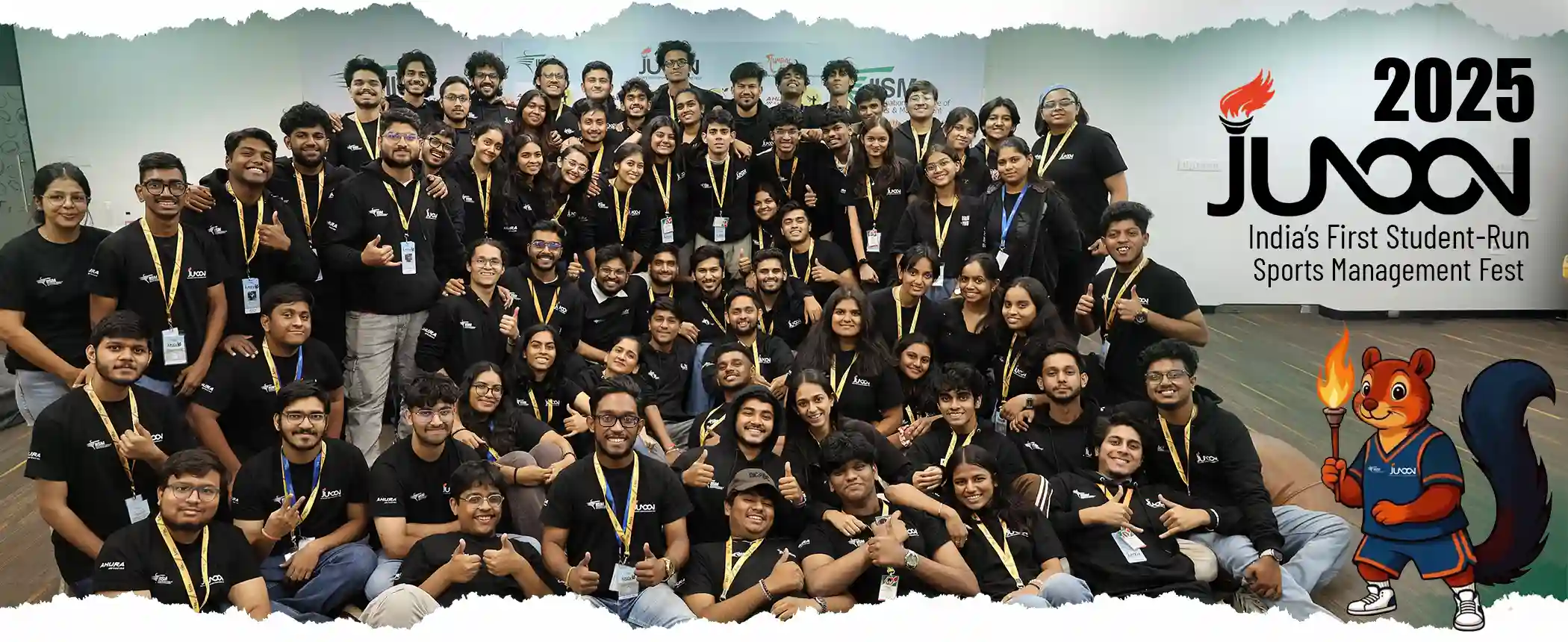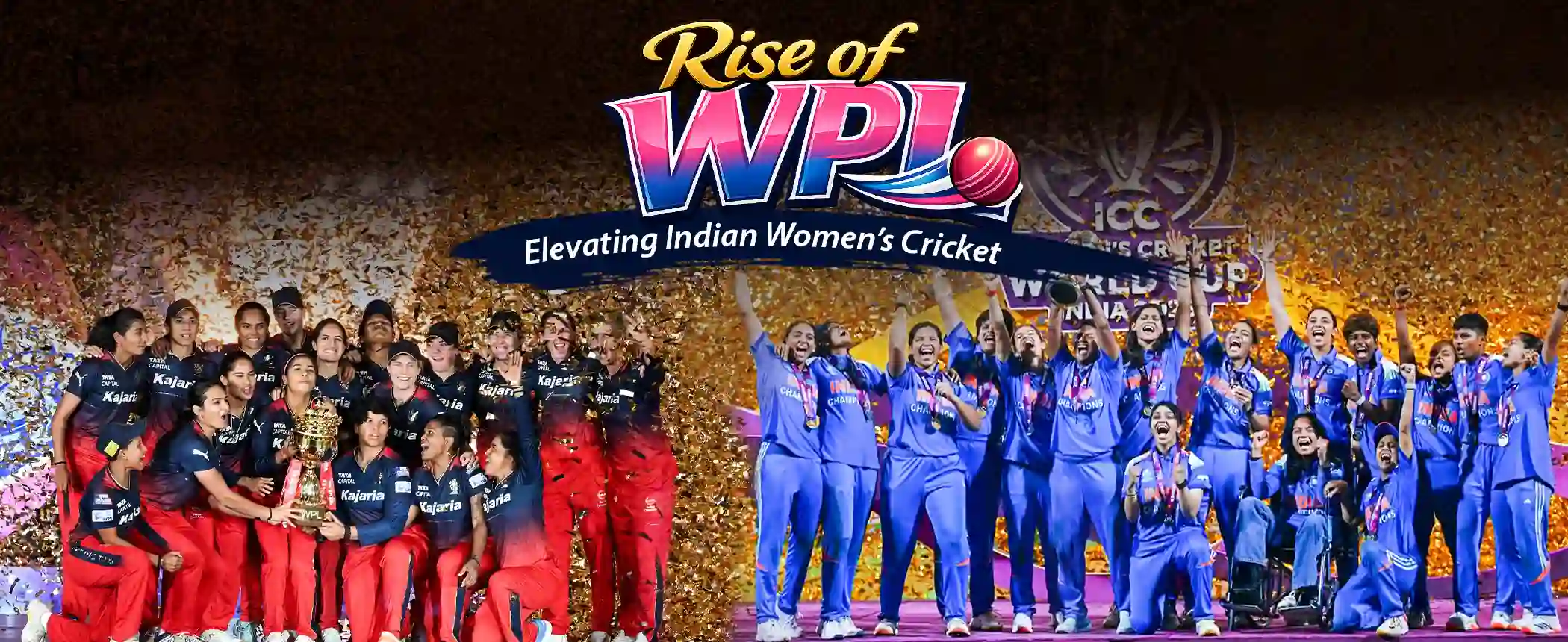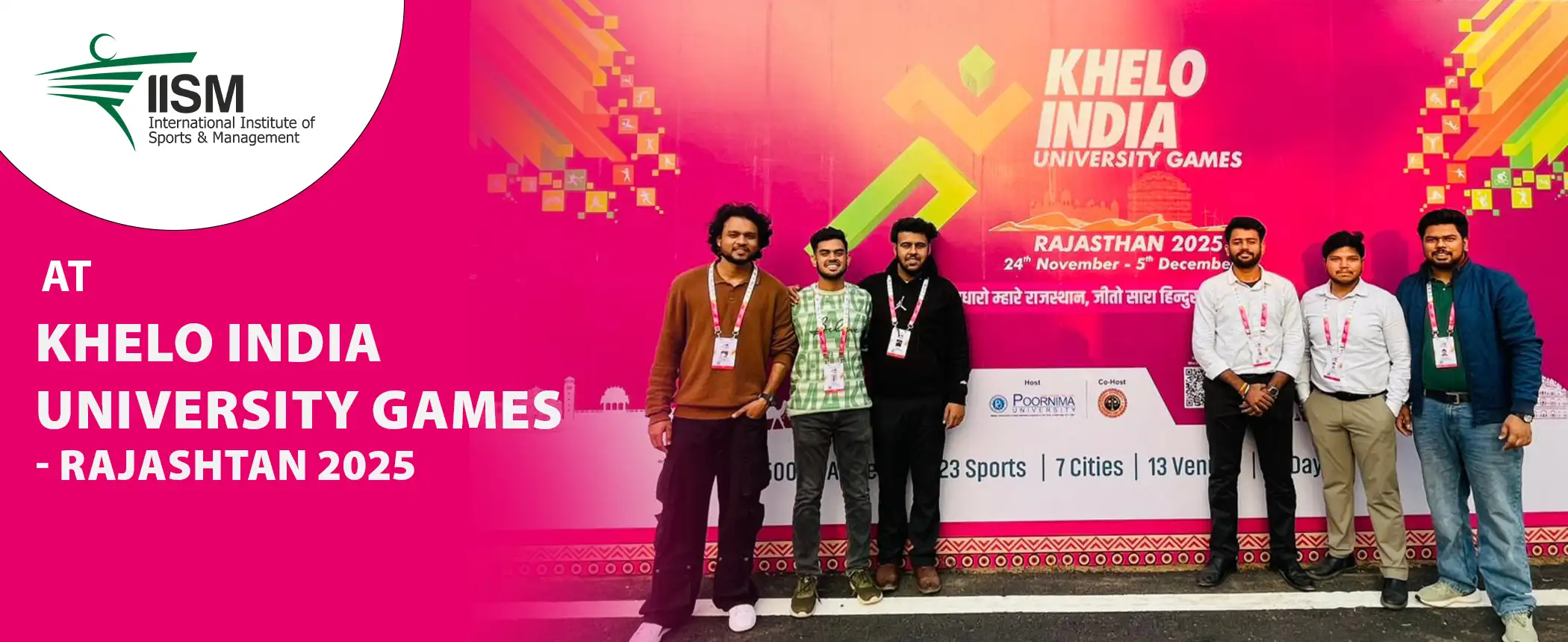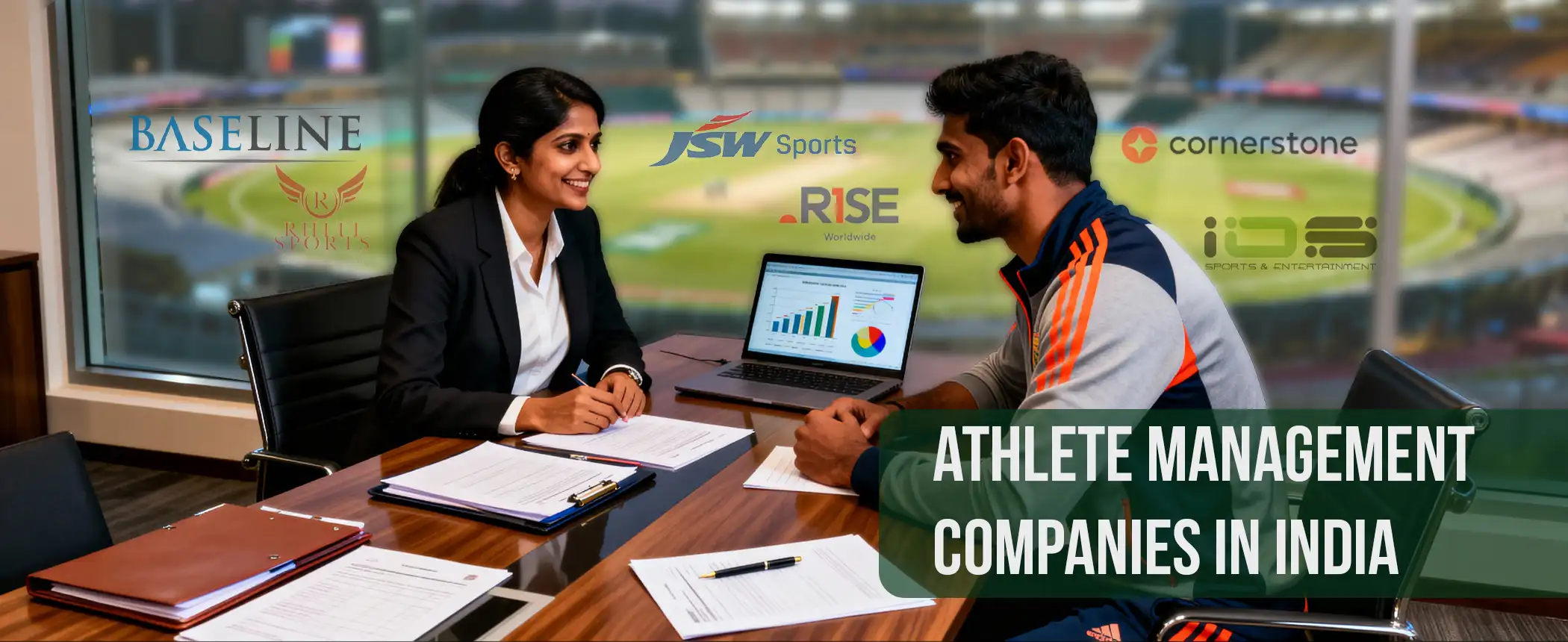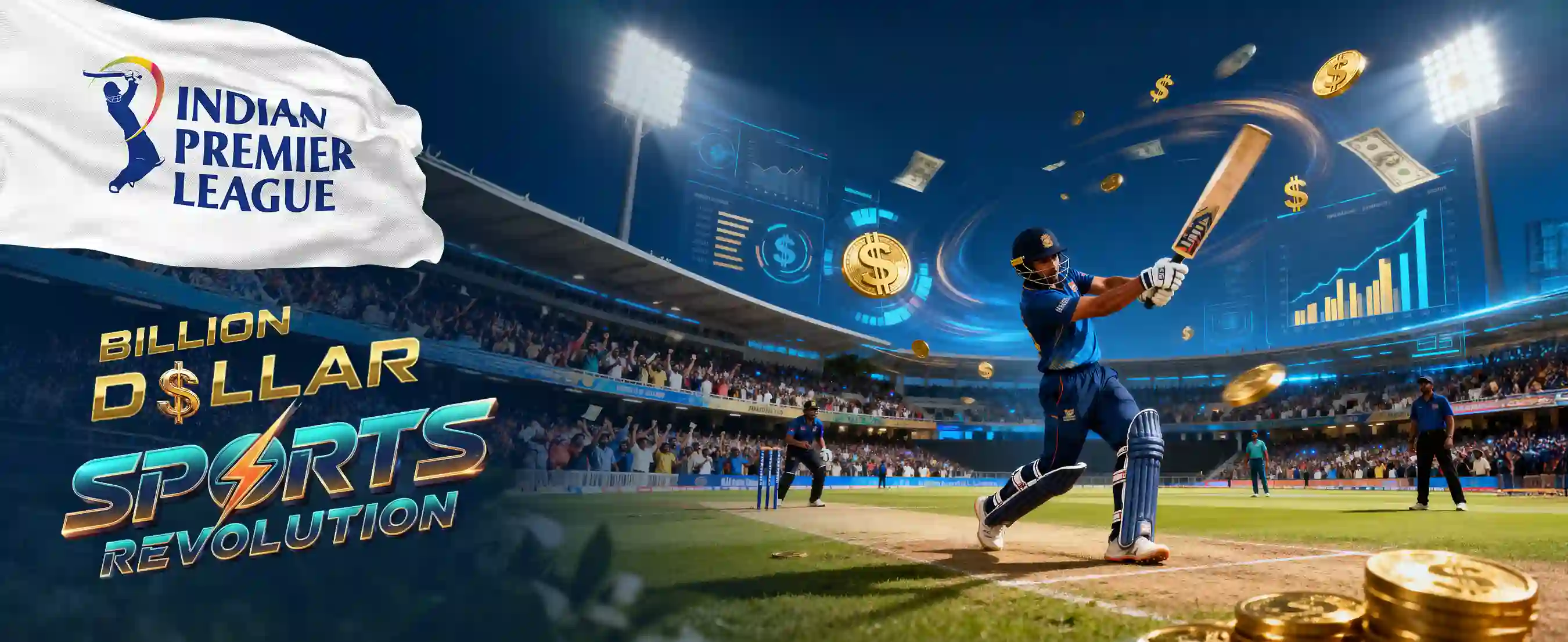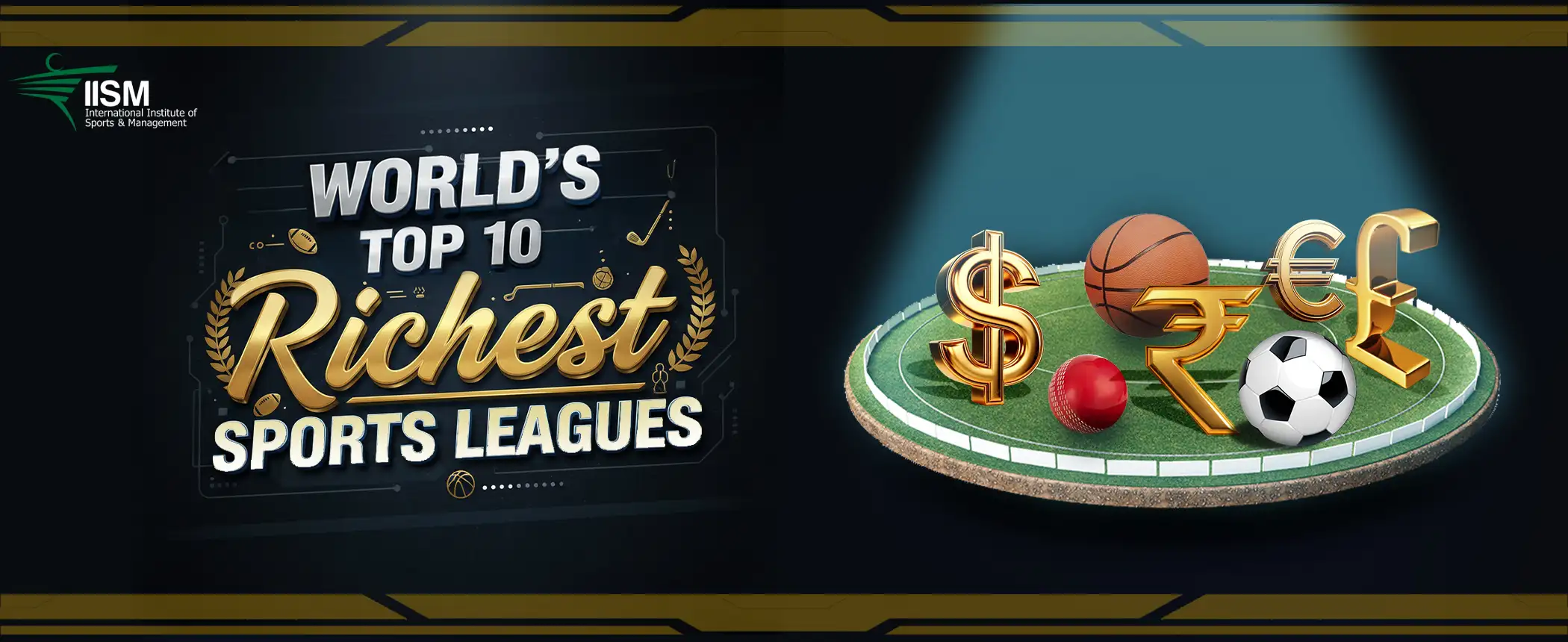Sports Event Management

Sports Event Management is one of the most exciting verticals of the Sports industry. It gives you an opportunity to work on projects from their conceptualization to their eventual execution. The planning, organizing and coordinating which take place in between, can be a source of unprecedented job satisfaction. I state this, based on my own experience.
If you have a passion for sport and a flair for working with people hailing from diverse backgrounds, from managers to apprentices, then sports event management could just be the ideal vertical for you.
I started my career in Professional Management Group, India’s first Sports Event Management Company. One of the annual properties PMG had conceived and was running was the annual CEAT Awards for International Cricket. The responsibilities were manifold. It all started with the identification of the 12-month period for which the player and team awards would be given. 1 May to 30 April of the following year was earmarked as the CEAT Cricket Year.
In the pre-IPL era, the month of May marked the start of the cricket season in England and the end of the same elsewhere. After this was done, performances of each and every international cricketer and team in the period were monitored through a rating system. Obviously, more runs scored, more wickets taken and in the case of teams, more matches and series won fetched them more points.
The players and teams which topped the individual and team rating respectively on 30 April of the following year would be declared the CEAT International Cricketer and Team of the Year respectively.
Thereafter began the process of planning and organizing the awards ceremony, where the winners would be felicitated for their performances. The international cricket calendar would have to be scrutinized and a date identified, on which the winner of the individual award, as well as the captain of the top team, would be available.
Once that had been done, the process of organizing the awards ceremony would start. Teams and vendors would be brought on board to handle the different aspects, from venue management to PR. Audio-visuals on the winners would be compiled and edited. These would tell the story of the winners’ journey during the CEAT year crisply and comprehensively. I scripted these AVs and was also involved in the editing of these capsules.
Then came D-Day. From arranging the accommodation and travel of the recipients and special invitees to ensuring that the ceremony itself, whose flow has been prepared by you, went off as desired, was a challenge. It called for seamless communication and coordination with different teams. However, planning always helped. It always does. The better you plan, the luckier you get in terms of managing concerns and problems, if any do crop up on the day of the ceremony.
In later years, I had the opportunity to work on the Indian Sports Honours, another annual property which aims to honour India’s sporting achievers of the past, present and future.
We worked closely with some of the country’s leading sports journalists to prepare a system which would treat exponents of different sports equally. Creating a level-playing field for cricketers, tennis players, footballers and shooters, to name just a few, was challenging, but our passion and fundamental understanding of sport enabled us to cross that hurdle. We then conceptualized different categories in which awards would be given. Write-ups on the players in contention for each of the awards, showcasing their performances in the year under consideration, were created.
It was an honour to work with a panel of India’s sporting legends, who went through the nominations for each award and then chose the winner in each category.
Even as all this was going on, the process of bringing partners and vendors on board, to handle various aspects of the ceremony, from venue management to television production to PR, was being carried out simultaneously. The identity of the award-recipients was kept a secret and the nominees contacted. The date of the ceremony was fixed after taking their respective sporting calendars into account and their travel and accommodation arranged.
All this may seem like an enormous amount of work, but the fact is that it doesn’t seem like ‘work’ when you love what you are doing. That was the case for me and my colleagues.
It feels great when the hard yards put in by you, pay off. Executing an awards ceremony makes you feel –with sufficiently good reason – that you are honouring the men and women whose performances you have followed for years, as a sports enthusiast. You get the feeling that you are thanking them for all the happy memories they have given you, over the years.
When the world applauds the achievers at the awards ceremony, you feel proud to have been part of a process which began with conceptualization, led to selection, and finally culminated with the felicitation of stalwarts who did the country proud.
Written by Mr. Devendra Prabhudesai
Head- Corporate Relations at IISM

